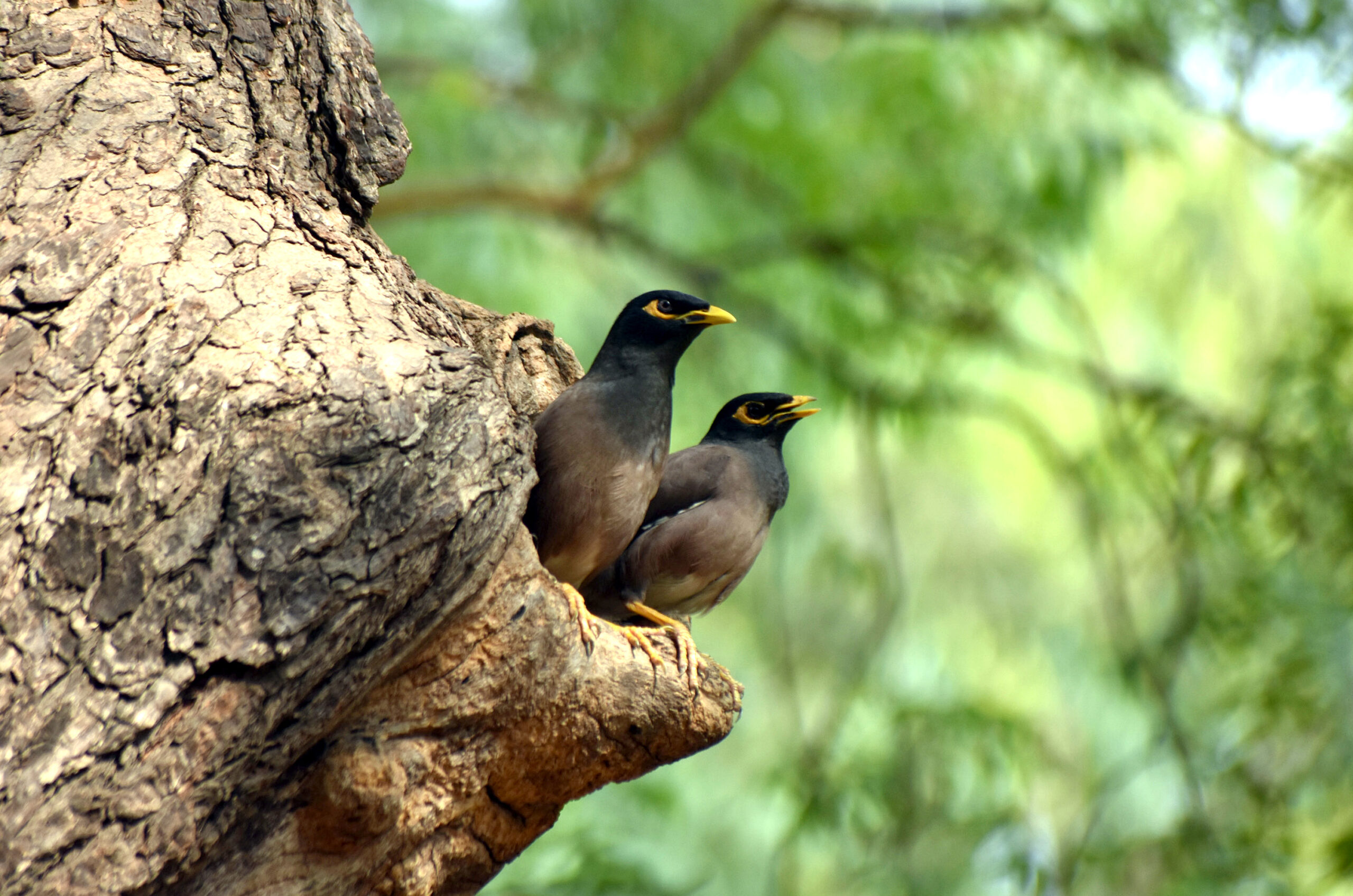
As the scale and severity of environmental issues become more obvious, lawmakers are experimenting with new ways to protect nature. One approach that has gone from blue-sky debate to meaningful reality over the past 50 years is to give elements of the natural world – trees, rivers and mountains – legal rights and allow people to go to court on their behalf.
New Zealand
In 1840, the Treaty of Waitangi was signed between the British crown and New Zealand’s indigenous Maori people. The treaty aimed to protect the Maori people’s right to their land and resources. As part of a settlement to remedy past breaches of the treaty, both a former national park called Te Urewera and the Whanganui River have been recognised in New Zealand law as entities with their own rights (although not all the rights of a human person) since 2014 and 2017 respectively.
This has involved the creation of two boards to manage the natural resources, featuring joint representation from the government and the local tribe.
Bangladesh
In 2019, the High Court of Bangladesh recognised the Turag River (and all other rivers in Bangladesh) as a living entity with legal rights and required that the government take significant action to protect it. The state agency with overall responsibility, the National River Conservation Commission, has promised rapid action. But, still today, many water bodies in the country are “dead” thanks to pollution caused by the widespread dumping of industrial and human waste.
Ecuador
In 2008, Ecuador adopted a new constitution that includes an article explicitly recognising nature’s right to “exist, persist, maintain and regenerate its vital cycles, structure, functions and its processes in evolution”.
This development has enabled landowners and environmentalists to bring cases to court to protect the country’s rivers and forests, slowly making this right a reality.















